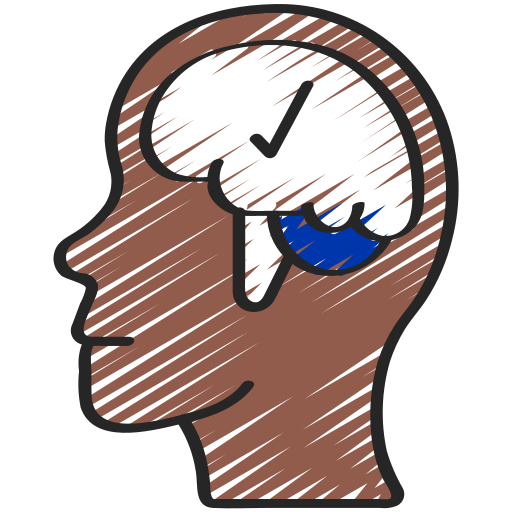
This piece is about ho mental health care delivered in Australia. The references I used are listed at the end.
Mental health care is provided by a various levels of government. The Australian national government funds specialists, GPs and other front line services through the universal health care system , Medicare. Private hospitals and clinics also provide mental health care. State and territory governments provide care through public hospitals, including emergency departments, residential and community mental health care services. Both layers of government also support major support services (e.g. Beyond Blue).
In the last 30 years successive Australian national and state and territory governments have worked together to develop programs to better manage services and address the mental health needs of Aussies. These strategies are expressed via 5-year National Mental Health Plans , the latest being 2017-2022.

Like everywhere which experienced lockdown measures during covid, the pandemic affected the mental health of many Aussies. All Aussie governments were on the front foot to meet these mental health impacts as they became better understood over time. For example, the national government expanded tele-health mental health services and additional funding for support groups. It also appointed Australia’s first Deputy Chief Medical Officer for Mental Health.

Each state and territory has its own mental health act but shares responsibility for mental health policy and the provision of support. State & territory governments are responsible for their own public and acute hospital and psychiatric settings and support services. The Aussie national government funds primary care and a range of mental health care services.
The state of Victoria of which Melbourne is its capital city, had a Royal Commission into the Victorian Mental Health System and it reported in February 2021 with a major reformist agenda based on engagement with people with lived experience. The state government of Victoria accepted all the recommendations. You can read the full report here if you like.

Before Victoria’s Royal Commission produced it’s findings, in 2020 the Australian national government released the Productivity Commission’s Mental Health Inquiry to mould a more person-centred system. It found Australia’s systems of care weren't made-for-purpose and if change and reform was implemented then big wins in increased economic participation and quality of life would result. This national review said there should be 5 pillars to investment:
-
Prevention and early intervention
-
Suicide prevention
-
Treatment
-
Supporting the vulnerable
-
Workforce and governance.
In terms of service access, analysts studied the results of a 2007 survey and estimated about 35% of people with symptoms of a mental health disorder in the previous 12 months utilised mental health services. Of these
-
71% consulted a general practitioner
-
38% consulted a psychologist
-
23% consulted a psychiatrist.
In 2018–19, 9% of Australians received clinical mental health services through a GP, 2% from a private psychiatrist, and 2% received clinical mental health services through a public specialised service (for example, hospital or community care).
A 2016 report into the psychiatry workforce found there would be a shortfall of 452 specialists (FRANZCPs) by 2025. How covid would impact these numbers one can only assume this number will increase based on the above.
You can see a piece I wrote on psychiatric workforce here.
If you want to explore job opportunities, locations and benefits of working in Australia or your eligibility as a consultant psychiatrist please get in touch on alasdair@spinnermedical.com
References:
ABS (Australian Bureau of Statistics) 2008. National survey of mental health and wellbeing: summary of results, Australia, 2007. ABS cat. no. 4326.0. Canberra: ABS.
https://www.aihw.gov.au/reports/mental-health-services/mental-health-services-in-australia/report-contents/summary-of-mental-health-services-in-australia/overview-of-mental-health-services-in-australia#References
https://www.aihw.gov.au/reports/mental-health-services/mental-health-services-in-australia/report-contents/summary-of-mental-health-services-in-australia/overview-of-mental-health-services-in-australia#References
https://www.aihw.gov.au/reports/mental-health-services/mental-health-services-in-australia/report-contents/summary-of-mental-health-services-in-australia/overview-of-mental-health-services-in-australia#References
https://www.health.gov.au/sites/default/files/documents/2021/03/psychiatry-australia-s-future-health-workforce-report.pdf